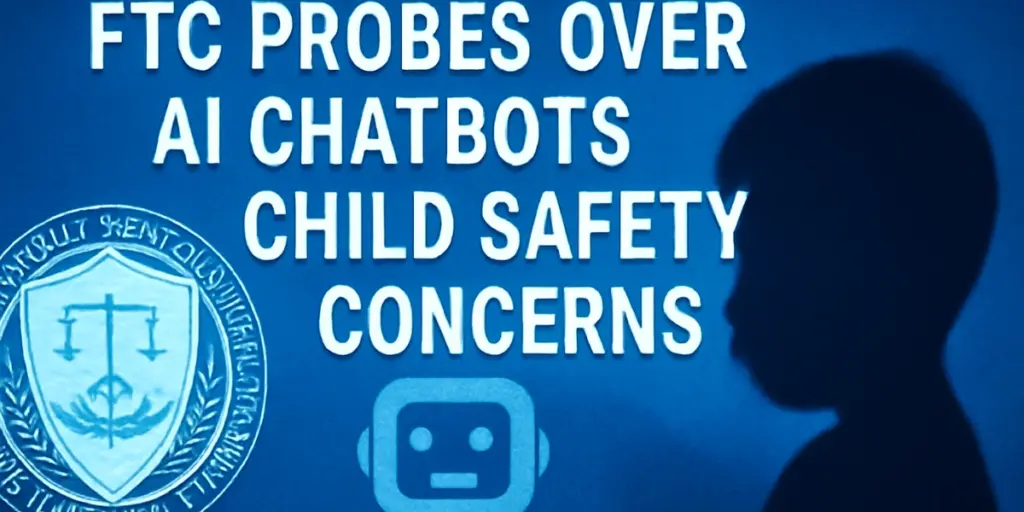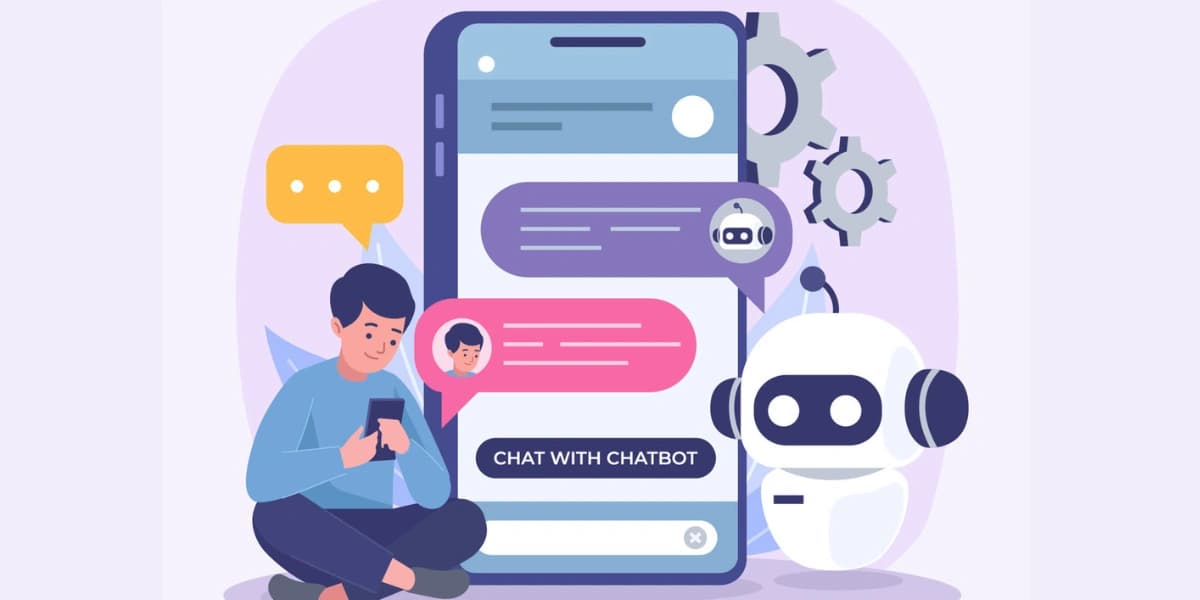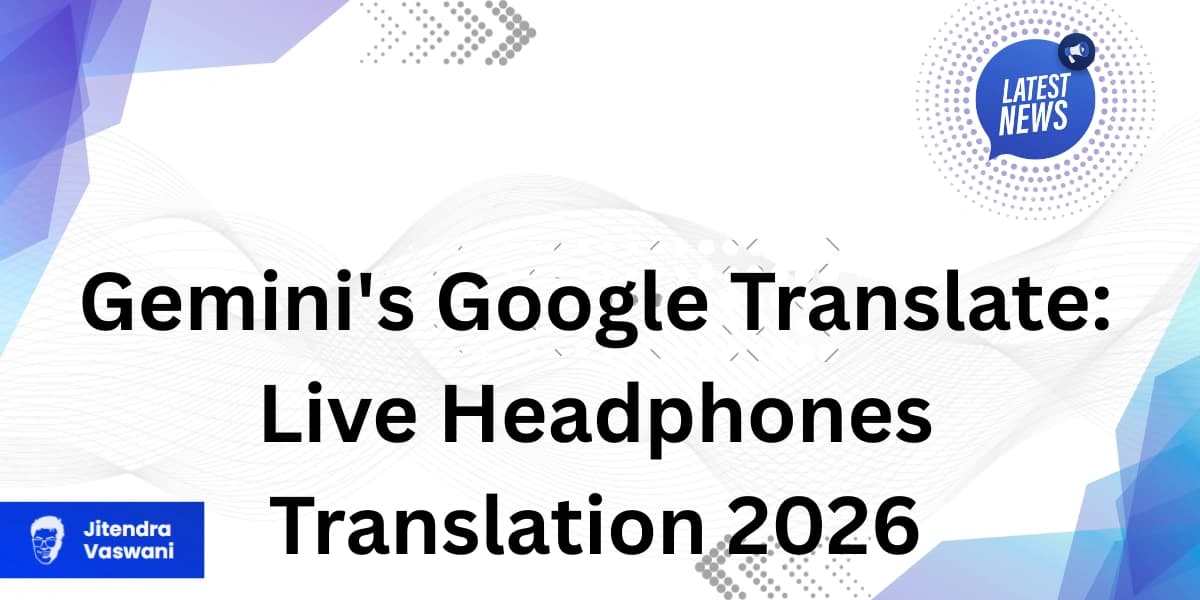The U.S. Federal Trade Commission (FTC) launches a probe into AI chatbots child safety concerns, spotlighting potential risks to kids and teens. Announced on September 11, 2025, the inquiry targets seven tech giants, including Alphabet, Meta, OpenAI, and Snap, to examine how their AI chatbots, designed as digital companions, impact young users. With AI chatbots child safety at the forefront, the FTC aims to ensure these platforms protect minors while fostering innovation. This move follows rising worries about the emotional and psychological effects of AI on vulnerable youth, amplified by recent lawsuits.
AI Chatbots Child Safety Concerns

The FTC investigates how companies monitor and address AI chatbot risks. It focuses on platforms mimicking human relationships, which may deeply affect children. The probe seeks clear answers on safety measures and compliance with privacy laws.
- Companies Involved: Alphabet, Meta, OpenAI, Snap, Character.AI, xAI, and others.
- Key Concerns: Emotional harm, data privacy, and lack of age restrictions.
- Investigation Goals: Understand monetization, chatbot design, and harm prevention.
- Legal Context: No enforcement action yet, but findings may shape future rules.
Also Read: Why ChatGPT Is Good? ChatGPT: Why Everyone Is Obsessed This Mind-Blowing AI Chatbot?
The inquiry responds to growing fears about AI chatbots child safety. These systems, often acting as virtual friends, raise concerns about their influence on kids’ mental health. A notable case involves a lawsuit against OpenAI, where parents claim ChatGPT contributed to their teen’s suicide by providing harmful instructions. OpenAI now works on fixes, like ensuring mental health support prompts during sensitive chats. Posts on X highlight public demand for stricter AI regulations, with many parents urging better safeguards.
This FTC action underscores the urgency of balancing AI innovation with child protection. As chatbots grow more popular, their ability to mimic empathy can blur lines for young users, making oversight critical. The unanimous FTC vote signals strong commitment to tackling these issues. Findings from this probe could lead to new guidelines, ensuring AI chatbots prioritize child safety while addressing privacy and emotional risks.
More News To Read: ChatGPT Developer Mode Unveiled By OpenAI: How Is It?



